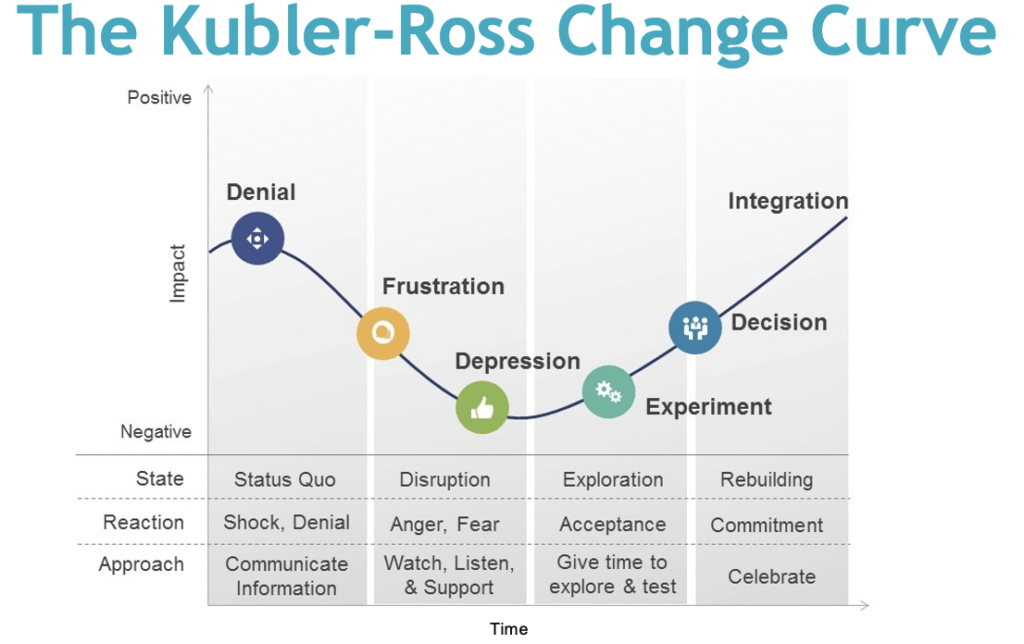Of all the difficulties many of us have faced in 2020, I have particular empathy for people faced with job uncertainty and redundancies. Losing a job, or simply the fear of it, is extremely tough – but I have some simple steps that can help.
As someone who has worked in HR and delivered multiple restructuring programmes, seen a company through administration and been part of acquisitions with associated layoffs, I have experienced both losing my job by way of redundancy and informing someone else that they have lost theirs. Unfortunately, despite having these conversations many times, it is never easy, and certainly not pleasant.
Here are a few things to think about and to do, whether you’ve lost your job because of redundancy, whether you’re at risk of it or uncertain about your job.
Firstly, no matter how much you might love or hate your work, 99% of the time, redundancy is not your choice. And having the control over your decision removed is the hardest part of the process to come to terms with. Even if you think you have prepared yourself.
Secondly, when you are undergoing a consultation process you will almost certainly go through the change curve. And, how quickly you move through each element of the change curve varies from one person and one situation to the next.

The change curve may look familiar because it’s not dissimilar to the grieving process.
We initially react with shock or denial, moving into anger and fear before we start to accept and then move on. Every stage is different for each of us. How we react and how long it takes are just some of the variables. But most of us will go through all the stages and that’s completely normal and healthy.
Thirdly, in my experience, every person whose role has been made redundant, for whatever reason, comes out stronger and finds their next role to be more fulfilling – and almost always better paid too!
I recognise it’s not easy to be positive, especially in the uncertain climate and unknown economic impact of a global pandemic. However, it’s worth taking the time to think about what you want to do next.
Here’s a short task you can do to help you get started. Set an hour aside with a blank sheet of paper and create your ideal job:
- What do you enjoy doing?
- What are you good at doing?
- What sorts of jobs combine these two things?
- What are some of your non-negotiables about the company and job that you want?
- Do you want to work for someone else or can you create your own business?
Having some plans in place will help you feel like you’ve regained control of your career. You can then decide on your next steps and, even if you don’t act on it right now, you can come back to the answers to this exercise at any time and feel like you’ve already made the first step towards your next role or ideal job.
Get in touch, bernadette@rosbyconsulting.com, if you think you would benefit from a career strategy session to help you work through your next career steps.




